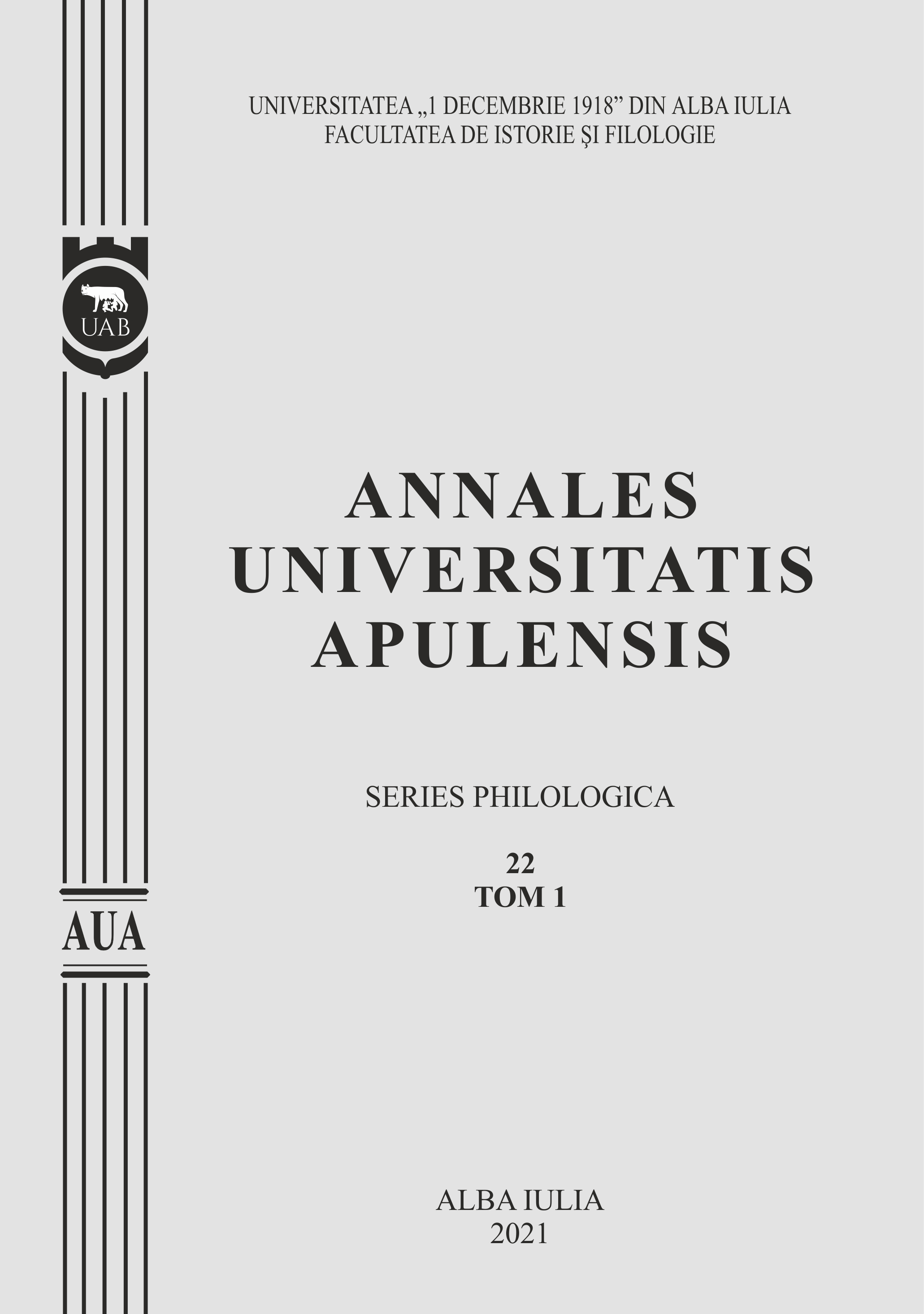PROBLEMATICA IDENTITARĂ ÎN ISTORIA LITERATURII CANADIENE DE EXPRESIE FRANCEZĂ
Identity Issues in the History of Canadian Literature of French Expression
Author(s): ROXANA VOICHITA BODEASubject(s): Language and Literature Studies, Studies of Literature, Romanian Literature, Other Language Literature, Translation Studies
Published by: Universitatea »1 Decembrie 1918« Alba Iulia
Keywords: Quebecois literature; Quiet Revolution; nationalism; identity;
Summary/Abstract: Topics such as identity issues, openness to multiculturalism alongside current topics such as foreigners, the city, migration, exile, or labels such as engaged literature and newer concepts of female writing and migrant literature mean that this relatively young, marginalized literature makes its way on the shelf of French literature. Historically called either "French literature" in Canada, "French literature in America" or "Canadian-French", it has become Quebecois in 1960, during the Quiet Revolution, being identified with one of the three major French-speaking communities, that from Quebec.The identity issue is the main reason of dispute for the French-speaking Canadians. The present approach is intended to make an X-ray of the identity problem of this literature, from its origin to its evolution and appearance, at three important moments in Québec’s literary history: firstly, the New France/ Nouvelle France, with the important texts that constitute the origins of this literature; secondly, the time of the break-up with France, which is also supposed to bring a literary renaissance, from 1760 until after World War II, with few creations (the first French-speaking Canadian novel, "L’influence du livre", written by Philippe Aubert de Gaspé the son was published at the time), a literature marked by the influence of the church at the beginning of this period and ending with the rural novel (Roman du terroir) which occupies a significant place in the history of this literature (its climax is related to the success of the novels “Maria Champdelaine” -1914 by Louis Hémon and “Un homme et son péché”- 1933 by Claude-Henri Grignon); thirdly, The Quiet Revolution – contemporary literature starts in 1960, a turning point in Quebec's history, a moment which causes major changes in society and brings about the emergence and affirmation of a Quebecois identity reflected in the new modern and postmodern literary and artistic moment. Literature repositions itself towards the past, causing a split resulting from the new ideology. The social and identity load of the period makes us witness unseen pluralism and literary effervescence. The identity between roots and exile, conscience and language are considered. The Joual, the strange and unique French language spoken in Quebec, becomes a symbol of the identity of the population in that region, and writing in this language is an adventure. The new migratory literature, well imposed in the Quebec literature, has transformed and expanded the issue of identity and language, extending it to intercultural level, thus exceeding the Canadian space. Minority communities outside Quebec identify with their provinces, the Acadians and those with the appeal of Franco-province (example Franco-Ontarian) located west of Quebec, without developing a rich literature, but keeping the traditional thread of identity. The evolution of the Canadian literature of French expression is a literary project subjected to national definition and linguistic interchanges.
Journal: Annales Universitatis Apulensis. Series Philologica
- Issue Year: 22/2021
- Issue No: 1
- Page Range: 64-72
- Page Count: 9
- Language: Romanian

